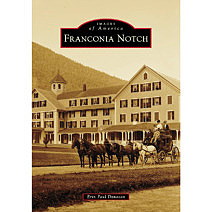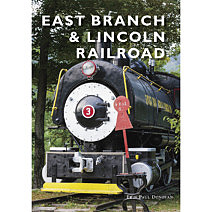Wildlife Photography Ethics – Every year in New England you hear about photographers harassing wildlife to get the "shot". It has become an endless problem with no easy solution, and lack of public education for nature photography ethics is part of the problem. Being an amateur or professional photographer has no bearing on the issue.
Suggested by many conservation groups, the wildlife photography "Code Of Ethics" are guidelines focused on the simple concept of protecting wildlife, habitat and humans. Photographers at all levels need to act in a responsible way and apply these simple principles when photographing wildlife. It does not matter if you are photographing bear, moose or snowy owls the code of ethics apply to all wildlife. No double standards.
An important principle of the ethics code is for photographers to use long lenses when photographing wildlife. Most professional wildlife photographers suggest nothing shorter than a 400 MM lens, and I agree. Using a long lens keeps the photographer a safe distance and allows wildlife to act in an undisturbed natural manner.
Bluff charges – A bluff charge does not mean an animal wants to play with you. It means they are stressed with you being in their space. Please keep this mind when photographing moose in the White Mountains.
Getting as close as possible is unethical and puts both wildlife and photographer at risk. The main concern should be the well being of the animal, not getting the shot. Being a responsible photographer helps to conserve the New England environment. Please help create awareness and share this page with friends.
Links to nature photography ethics:
1) Nature Photographer's Ethics Code
2) North American Nature Photography Association – Ethical Field Practices
3) DiscoverWildlife.com Ethics In Wildlife Photography
4) Wildlife Watching in New Hampshire
5) Report New Hampshire Wildlife Crimes Online
Happy image making..
Connect with us on Facebook | Historic Information Disclaimer | White Mountains History
Owner of ScenicNH Photography LLC
Erin Paul is a professional photographer, writer, and author who specializes in environmental conservation and historic preservation photography mainly in the New Hampshire White Mountains. His work is published worldwide, and publication credits include: Appalachian Mountain Club, Appalachian Trail Conservancy, Backpacker Magazine, and The Wilderness Society. He has written two photo history books about the White Mountains: the East Branch & Lincoln Railroad (2018) and Franconia Notch (2024).






Wildlife Photography Ethics in New Hampshire – http://bit.ly/mBquXl